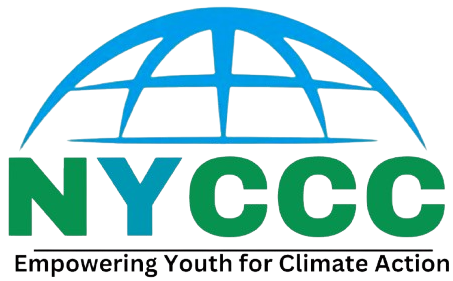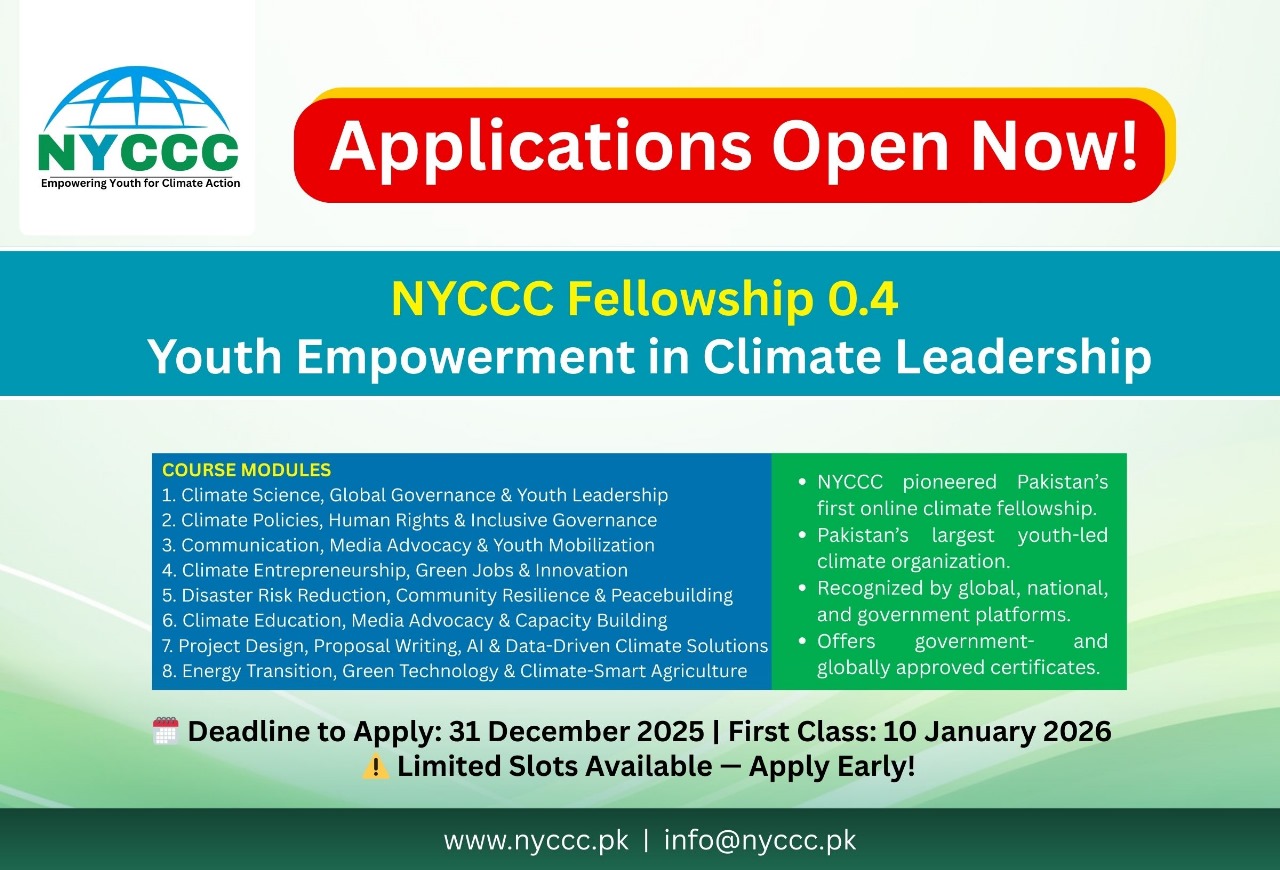Our Approach
Climate Education
Our primary aim is to empower and mobilize students as influential advocates against climate change through targeted grassroots initiatives. By providing accessible and comprehensive climate education, we enhance students’ awareness of climate complexities. This foundation equips them with the knowledge needed for informed decisions and effective actions. Through workshops and programs, we cultivate environmentally conscious students who contribute meaningfully to ongoing climate change efforts. This educational focus is a key element of our mission, fostering a generation that values sustainable practices for a resilient future.
- Formal, Informal, and Non-Formal Education
- Waste Management
- Digital Platforms
Climate Mitigation & Adaptation
Mitigation
Climate mitigation refers to efforts aimed at reducing or preventing the emission of greenhouse gases into the atmosphere to slow down global warming and minimize climate change impacts. It involves a wide range of strategies and actions that can be implemented at the individual, community, and governmental levels. By transitioning to sustainable practices, enhancing energy efficiency, and promoting renewable energy sources, climate mitigation seeks to create a low-carbon future and protect the planet for future generations.
- Renewable Energy
- Sustainable Agriculture
- Waste Management
Adaptation
Climate adaptation involves making adjustments in ecological, social, and economic practices to minimize the negative impacts of climate change. As climate change affects weather patterns, sea levels, and natural resources, adaptation strategies are essential for enhancing resilience and ensuring the safety and well-being of communities. By implementing effective adaptation measures, societies can better cope with the consequences of climate change while protecting their ecosystems and livelihoods.
- Resilience Infrastructure
- Ecosystem Conservation
- Community Preparedness
Disaster Risk Reduction (DRR)
Disaster Risk Reduction (DRR) entails planning, coordinating, and implementing measures to lessen the impact of both natural and man-made disasters. Covering preparedness, response, recovery, and mitigation strategies, DRR is a comprehensive approach to building resilience. In times of disaster, NYCCC volunteers, equipped with climate adaptation strategies, swiftly deploy to provide crucial first aid in emergency areas.
- Risk Mitigation Strategies
- Disaster Response
- adaptation and Rehabilitation
- Data and Research
- Innovative Technologies
Agriculture
Agriculture As an agricultural powerhouse, Pakistan’s prosperity is closely tied to its climate. NYCCC strongly advocates for subsidies and incentives to support farmers nationwide. We prioritize research and development in agriculture, with an emphasis on afforestation, deforestation, and ensuring food, water, and energy security. These pillars form the core of our organization’s focus, aligning with our commitment to sustainably enhancing Pakistan’s agricultural landscape.
- Agricultural Education
- Women’s Role in Agriculture
- Food Security
- Water Security
- Energy Security
- Data and Technology
Empowering Youth through Entrepreneurship
Emergency Climate Support Program
This initiative helps communities impacted by climate-related disasters. It provides immediate relief, supports recovery, and promotes long-term resilience through resource distribution, environmental restoration, and community-based climate adaptation strategies.

